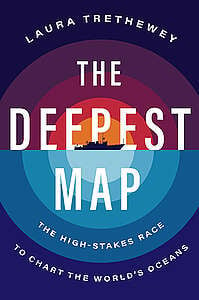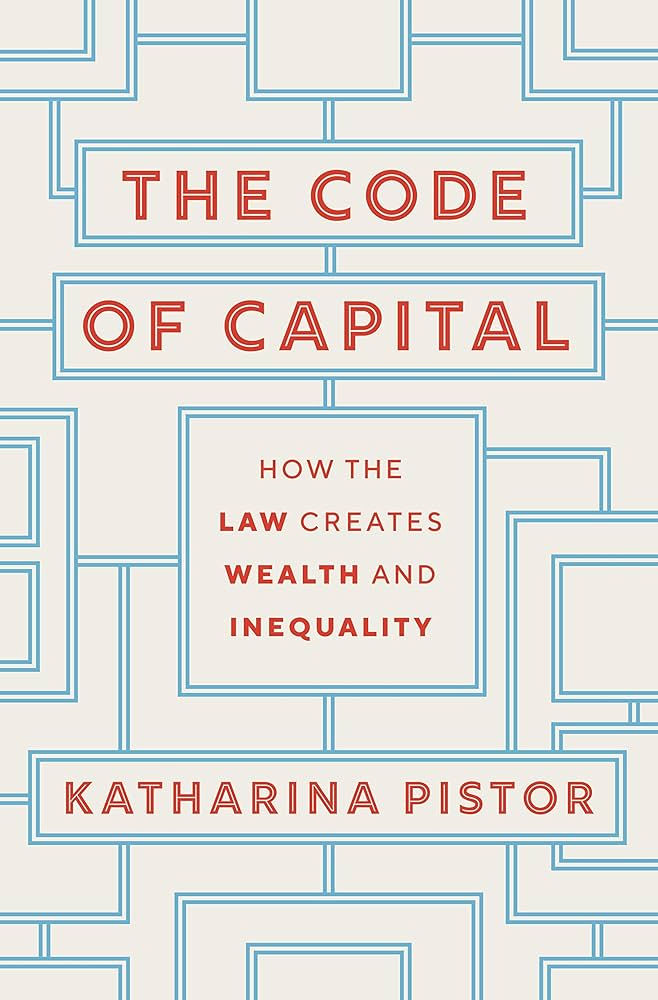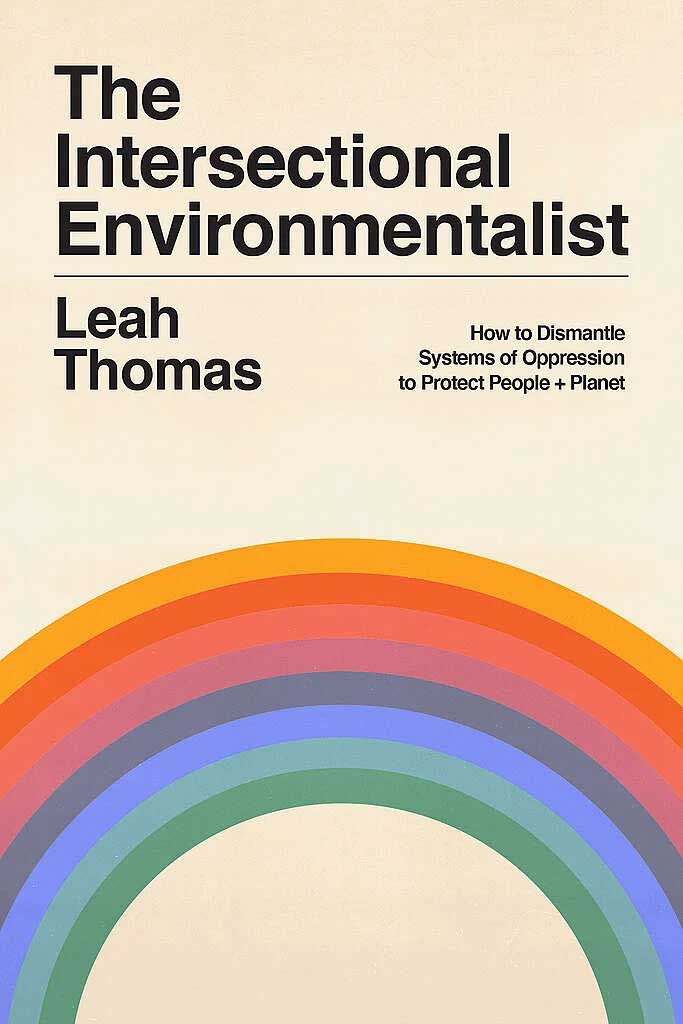Lucie Pinson is the founder and executive director of Paris-based NGO Reclaim Finance.
The abrupt exit of the six biggest US banks from the UN’s Net Zero Banking Alliance (NZBA) is a disturbing sign of the shallowness of these institutions’ professed commitment to acting on climate. It is also a sign of their willingness to preemptively show subservience to the incoming Trump administration.
The question now is whether other banks will follow the example of their US counterparts – especially given the rise of right-wing politicians in Europe and Canada who seek to halt action on climate – or if the remaining banks in the NZBA will now push for more ambition from the alliance, and strengthen their own climate commitments.
Some European bank officials have privately complained in the past that they would like the NZBA guidelines to be stronger but that US members were blocking progress. The European and other banks in the NZBA can now show that they were not just hiding behind the US banks’ obstructionist skirts, and act to increase the NZBA’s ambition.
The recent exodus of the Wall Street banks is hardly a surprise. At least some of them reportedly threatened to leave the NZBA two years ago when red-state officials threatened them with antitrust lawsuits. The banks stayed in then because the NZBA and the Glasgow Financial Alliance for Net Zero (GFANZ), an associated alliance for all types of financial institutions, both clarified that none of their recommendations were compulsory.
What Trump’s second term means for climate action in the US and beyond
The suspension of activities by another net-zero alliance representing big money managers is one more sign of financial firms’ fear of retribution from the Trump administration and emboldened right-wing politicians at the state level.
The Net Zero Asset Manager (NZAM) initiative’s requirements of its members were so weak as to be to mainly symbolic – and it shows how much fossil fuel companies are concerned about their continued access to capital that the politicians they fund will attack even the most milquetoast climate initiative from the finance sector.
Action with or without voluntary body
Regardless of their NZBA membership, the big US banks have never exhibited any real interest in restricting fossil fuel finance. JPMorgan Chase provided US$41 billion in finance for oil and gas and coal companies in 2023, billions more than any other bank. Citi, Bank of America and Wells Fargo were all in the top five global bankers of fossil fuels between 2016 and 2023.
In contrast, some of the largest European banks have shown that another path is possible.
While still falling short of the action required by science to stop fuelling climate change, particularly on LNG (liquefied natural gas), French giants BNP Paribas and Crédit Agricole have both committed to end the facilitation of bond issuances for oil and gas companies. Société Générale has a target to cut its credit exposure to oil and gas producers by 80% by 2030. These three banks have each more than halved their volumes of fossil fuel finance between 2020 and 2023. Additionally, Dutch bank ING will stop funding LNG projects after next year.
LA fires show human cost of climate-driven ‘whiplash’ between wet and dry extremes
Yet none of these robust measures and targets were due to the banks’ membership of the NZBA.
The NZBA does not require its members to restrict financing for oil, gas or coal – not even for those companies that are doing the most to expand fossil fuel production. Members are required to set targets for high-emitting sectors, but although the targets are recommended to be 1.5°C-aligned, the NZBA does nothing to ensure this.
No clear target-setting requirements
A lack of clear requirements on target-setting from the NZBA means that its members have a bewildering array of target types, many of which are deeply flawed and unlikely to lead to real-world emission reductions. The most problematic targets are those based on “financed emissions”.
This methodology attributes the emissions from corporations to their banks using a formula that divides lending exposure by corporate value. The resulting number changes as the market value of the companies in a bank’s sectoral portfolio rises, so the bank’s financed emissions for that sector will fall even if real emissions stay the same.
French bank BPCE, like most other major European banks such as HSBC, Deutsche Bank or UBS, has set only a financed emissions target for the oil and gas sector - in sharp contrast to the banks mentioned above that have set targets to reduce their lending to oil and gas companies.
Provided oil and gas company share prices rise sufficiently, BPCE could meet its target without reducing its finance to these companies, and without these companies cutting their emissions – as Barclays did in 2023, seven years ahead of the target year.
European banks must push NZBA for more ambition
Given their mixed track record so far, it is also possible that European banks could use the US exodus as an excuse to backtrack on their climate commitments, and even for pushing back on recently adopted related regulations. BPCE’s “Vision 2030”, published in June last year, is one example of an important European bank moving backwards on climate.
Some EU business groups have successfully lobbied to reopen key Green Deal legislation. And while we do not yet know how far the changes will go, some banks may join their push to go beyond mere clarifications and simplifications, and dismantle new reporting and due diligence obligations.
To reform climate COPs, we should start with the voting rules
The last of the US banks to announce they were quitting the NZBA was JPMorgan Chase. Their announcement was made on January 7 — the very same day that the catastrophic fires broke out in Los Angeles.
Wall Street may escape the wrath of Trump by appearing not to care about climate change, but financial institutions will not escape the wrath of climate change unless they show the courage to stop financing the expansion of fossil fuels.
The post Wall Street’s faltering on climate action opens up opportunity for European banks appeared first on Climate Home News.
Wall Street’s faltering on climate action opens up opportunity for European banks
Climate Change
States Say They Need More Help Replacing Lead Pipes. Congress May Cut the Funding Instead.
The U.S. House voted to cut millions promised for the work this year. The Senate will vote this week, as advocates and some lawmakers push back.
The Senate is taking up a spending package passed by the House of Representatives that would cut $125 million in funding promised this year to replace toxic lead pipes.
States Say They Need More Help Replacing Lead Pipes. Congress May Cut the Funding Instead.
Climate Change
6 books to start 2026
Here are 6 inspiring books discussing oceans, critiques of capitalism, the Indigenous fight for environmental justice, and hope—for your upcoming reading list this year.

The Deepest Map: The High-Stakes Race to Chart the World’s Oceans
by Laura Trethewey (2023)
This book reminds me of the statement saying that people hear more about the moon and other planets in space than what lies beneath Earth’s oceans, which are often cited as ‘scary’ and ‘harsh’. Through investigative and in-depth reportage, ocean journalist and writer Laura Trethewey tackles important aspects of ocean mapping.
The mapping and exploration can be very useful to understand more about the oceans and to learn how we can protect them. On the other hand, thanks to neoliberal capitalism, it can potentially lead to commercial exploitation and mass industrialisation of this most mysterious ecosystem of our world.
The Deepest Map is not as intimidating as it sounds. Instead, it’s more exciting than I anticipated as it shows us more discoveries we may little know of: interrelated issues between seafloor mapping, geopolitical implications, ocean exploitation due to commercial interest, and climate change.

The Code of Capital: How the Law Creates Wealth and Inequality
by Katharina Pistor (2019)
Through The Code of Capital, Katharina Pistor talks about the correlation between law and the creation of wealth and inequality. She noted that though the wealthy love to claim hard work and skills as reasons why they easily significantly generate their fortunes, their accumulation of wealth would not last long without legal coding.
“The law is a powerful tool for social ordering and, if used wisely, has the potential to serve a broad range of social objectives: yet, for reasons and with implications that I attempt to explain, the law has been placed firmly in the service of capital,” she stated.
The book does not only show interesting takes on looking at inequality and the distribution of wealth, but also how those people in power manage to hoard their wealth with certain codes and laws, such as turning land into private property, while lots of people are struggling under the unjust system.

The Intersectional Environmentalist: How to Dismantle Systems of Oppression to Protect People + Planet
by Leah Thomas (2022)
Arguing that capitalism, racism, and other systems of oppression are the drivers of exploitation, activist Leah Thomas focuses on addressing the application of intersectionality to environmental justice through The Intersectional Environmentalist. Marginalised people all over the world are already on the front lines of the worsening climate crisis yet struggling to get justice they deserve.
I echo what she says, as a woman born and raised in Indonesia where clean air and drinkable water are considered luxury in various regions, where the extreme weather events exacerbated by the climate crisis hit the most vulnerable communities (without real mitigation and implementations by the government while oligarchies hijack our resources).
I think this powerful book is aligned with what Greenpeace has been speaking up about for years as well, that social justice and climate justice are deeply intertwined so it’s crucial to fight for both at the same time to help achieve a sustainable future for all.

As Long As Grass Grows
by Dina Gilio-Whitaker (2019)
Starting with the question “what does environmental justice look like when Indigenous people are at the centre?” Dina Gilio-Whitaker takes us to see the complexities of environmental justice and the endless efforts of Indigenous people in Indian country (the lands and communities of Native American tribes) to restore their traditional cultures while healing from the legacy of trauma caused by hundreds of years of Western colonisation.
She emphasizes that what distinguishes Indigenous peoples from colonisers is their unbroken spiritual relationship to their ancestral homelands. “The origin of environmental justice for Indigenous people is dispossession of land in all its forms; injustice is continually reproduced in what is inherently a culturally genocidal structure that systematically erases Indigenous people’s relationships and responsibilities to their ancestral places,” said Gilio-Whitaker.
I believe that the realm of today’s modern environmentalism should include Indigenous communities and learn their history: the resistance, the time-tested climate knowledge systems, their harmony with nature, and most importantly, their crucial role in preserving our planet’s biodiversity.

The Book of Hope
by Jane Goodall and Douglas Abrams with Gail Hudson (2021)
The Book of Hope is a marvelous glimpse into primatologist and global figure Jane Goodall’s life and work. The collaborator of the book, journalist Douglas Abrams, makes this reading experience even more enjoyable by sharing the reflective conversations between them, such as the definition of hope, and how to keep it alive amid difficult times.
Sadly, as we all know, Jane passed away this year. We have lost an incredible human being in the era when we need more someone like her who has inspired millions to care about nature, someone whose wisdom radiated warmth and compassion. Though she’s no longer with us, her legacy to spread hope stays.

Ocean: Earth’s Last Wilderness
by David Attenborough and Colin Butfield (2025)
“I could only have dreamed of recording in the early stages of my career, and we have changed the ocean so profoundly that the next hundred years could either witness a mass extinction of ocean life or a spectacular recovery.”
The legend David Attenborough highlights how much humans have yet to understand the ocean in his latest book with Colin Butfield. The first part of it begins with what has happened in a blue whale’s lifetime. Later it takes us to coral reefs, the deep of the ocean, kelp forest, mangroves, even Arctic, Oceanic seamounts, and Southern Ocean. The book contains powerful stories and scientific facts that will inspire ocean lovers, those who love to learn more about this ecosystem, and those who are willing to help protect our Earth.
To me, this book is not only about the wonder of the ocean, but also about hope to protect our planet. Just like what Attenborough believes: the more people understand nature, the greater our hope of saving it.
Kezia Rynita is a Content Editor for Greenpeace International, based in Indonesia.
Climate Change
‘I Am the River’: How Indigenous Knowledge Reshaped New Zealand’s Law
The Whanganui River is officially a living being and legal person. Māori leaders explain how Indigenous knowledge and persistence made it happen.
Ned Tapa has spent his life along New Zealand’s Whanganui River. For Tapa, a Māori leader, the river is not a resource to be managed or a commodity to be owned. It is an ancestor. A living being. A life force.
‘I Am the River’: How Indigenous Knowledge Reshaped New Zealand’s Law
-
Climate Change5 months ago
Guest post: Why China is still building new coal – and when it might stop
-
Greenhouse Gases5 months ago
Guest post: Why China is still building new coal – and when it might stop
-

 Greenhouse Gases2 years ago
Greenhouse Gases2 years ago嘉宾来稿:满足中国增长的用电需求 光伏加储能“比新建煤电更实惠”
-
Climate Change2 years ago
Spanish-language misinformation on renewable energy spreads online, report shows
-
Climate Change Videos2 years ago
The toxic gas flares fuelling Nigeria’s climate change – BBC News
-

 Climate Change2 years ago
Climate Change2 years ago嘉宾来稿:满足中国增长的用电需求 光伏加储能“比新建煤电更实惠”
-
Climate Change2 years ago
Bill Discounting Climate Change in Florida’s Energy Policy Awaits DeSantis’ Approval
-

 Carbon Footprint2 years ago
Carbon Footprint2 years agoUS SEC’s Climate Disclosure Rules Spur Renewed Interest in Carbon Credits

